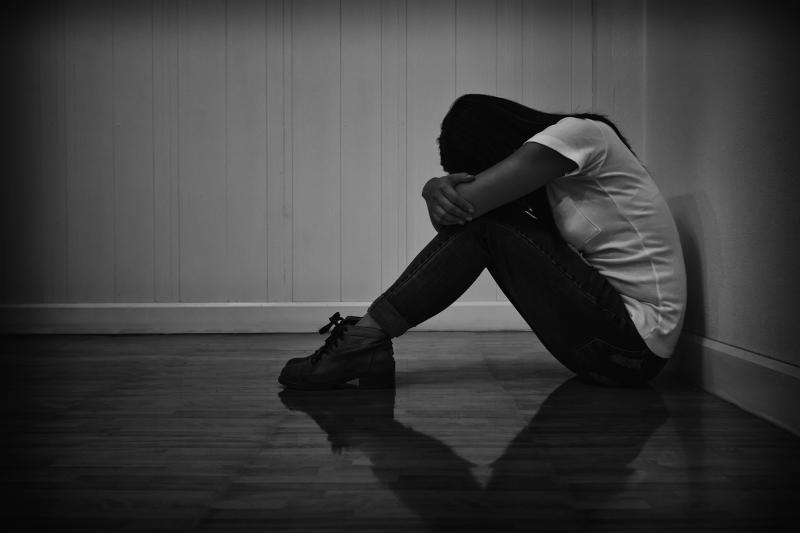 Anxiety and stress over test results is just one of the few risks faced by individuals who carry out genetic testing.
Anxiety and stress over test results is just one of the few risks faced by individuals who carry out genetic testing.Mental health issues appear to be widespread during the coronavirus disease 2019 (COVID-19) outbreak, according to a China study. This is especially so among young people, healthcare workers and people spending a lot of time thinking about the crisis.
“The data in this study suggested that public’s levels of anxiety-related symptoms increased when a major infectious disease occurred,” researchers said. “Our findings provided data support for accurately understanding the source of public’s panic during COVID-19 outbreak.”
Of the 7,236 participating volunteers (mean age, 35.3±5.6 years; 54.6 percent female), 78.8 percent (n=5,702) claimed to have some level of understanding of COVID-19. About a third were healthcare workers, and just under a half responded that they spend at least 3 hours per day focusing on the outbreak. [Psychiatry Res 2020;288:112954]
Overall, 35.1 percent had generalized anxiety disorder (GAD), while 20.1 percent showed evidence of depressive symptoms. Sleep quality, measured using the Chinese version of the Pittsburgh Sleep Quality Index, was poor in 18.2 percent of the participants. The respective prevalence rates were comparable between sexes.
However, when analysed according to age group, the researchers found that GAD (38.0 percent vs 32.9 percent; p<0.001) and depressive symptoms (22.1 percent vs 18.5 percent; p<0.001) were significantly more common among respondents younger than 35 years of age.
Similarly, healthcare workers showed an excess burden of poor sleep quality than other occupational groups, including enterprise and education professionals (23.6 percent vs 12.7 percent and 14.3 percent; p<0.001).
Logistic regression analysis verified that being younger than 35 years of age was a significant and independent risk factor for GAD (adjusted odds ratio [OR], 1.65, 95 percent confidence interval [CI], 1.49–2.02) and depressive symptoms (adjusted OR, 1.77, 95 percent CI, 1.58–2.07).
Moreover, being a healthcare worker was confirmed to be a risk factor for poor sleep quality (adjusted OR, 1.32, 95 percent CI, 1.18–1.88), while thinking about the outbreak for at least 3 hours per day increased the likelihood of GAD (adjusted OR, 1.83, 95 percent CI, 1.53–2.19).
The researchers recommended several appropriate interventions. “First, psychological interventions should be directed to vulnerable populations which include the suspected and diagnosed patients, young people and healthcare workers, especially physicians and nurses working directly with patients or quarantined people.”
In addition, maintaining a rhythm of work and rest that is as close to normal as possible, and limiting the influx of information about the outbreak, should also help in easing the mental health burden.
“[O]ngoing surveillance and monitoring of the psychological consequences for outbreaks of epidemic-potential, life-threatening diseases [and] establishing early targeted mental health interventions, should become routine as part of preparedness efforts worldwide,” they added.